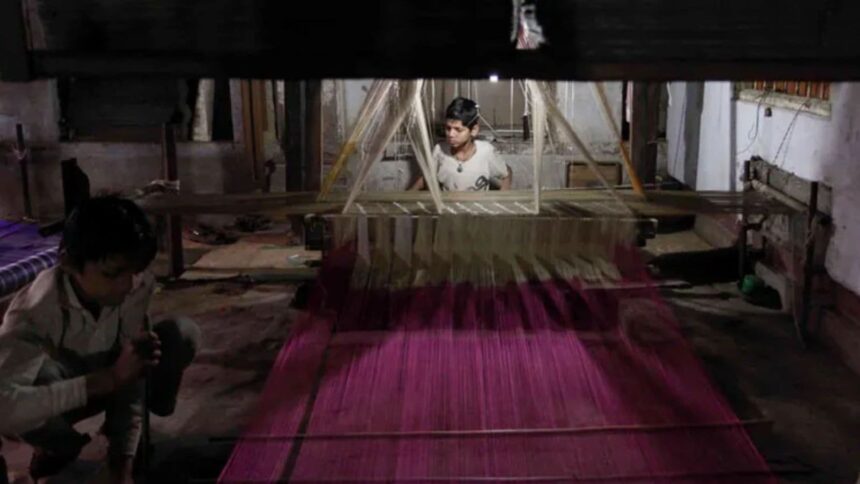Traders and manufacturers in Panipat, India’s largest textile recycling hub that receives discarded clothing from multiple countries for recycling and resale, have raised concerns over the suspension of shipments from Bangladesh, the top source of rags for recycling in India, The Indian Express has learnt.
“Rags and recycled items were not part of the restriction on garments through the land border route that the government announced in May. Traders in Panipat are complaining that the shipments from Bangladesh have been halted but it is unclear why this step has been taken,” a person aware of the development said.
While traders plan to raise the issue with the government, they remain unsure about the reason for the halt in exports. But the development comes amid heightened trade tensions between India and Bangladesh after Dhaka’s Chief Adviser called for the extension of the Chinese economy around the strategically important North-East India region.
This assumes significance as over 200 tonnes of rags are recycled in Panipat every day, with 150-200 mills operating in the sector. Their key sources of rags include discarded clothing from Western countries, but Bangla-desh alone generates over 0.5 million metric tonnes of textile waste from its factories each year.
The suspension of exports of rags and textile waste coincides with Bangladesh attempts at seeking Generalised Scheme of Preferences Plus (GSP+) status in the European Union, which would result in the removal of tariffs on over 66 per cent of EU tariff lines. The EU is one of Bangladesh’s biggest export markets, but the country is set to lose concessions in 2026 after graduating from the Least Developed Country (LDC) status.
To qualify for the GSP+ scheme, Bangladesh must enhance its domestic recycling capabilities and meet specific conditions related to labour rights and governance.
According to news agency Reuters, increased local recycling could save Bangladesh around $700 million annually in import costs, as several countries, including India, ramp up their textile recycling capacities. India recycles or reuses approximately 4.7 million tonnes, or about 60 per cent, of its textile waste.
Political and economic tensions between India and its largest trade partner in South Asia have been growing, especially as the Union government in May imposed a series of import restrictions on goods from Bangladesh, particularly on ready-made garments, the country’s largest export item and a key source of foreign exchange.
This followed earlier signs of deteriorating ties, including New ’s decision in April to terminate the five-year-old transhipment facility for Bangladesh’s export cargo – a mechanism that enabled Dhaka to ship goods to several Western countries using Indian land routes and airports.
Notably, Bangladesh also imposed port restrictions on Indian yarn exports via land ports, allowing such exports only through seaports. This move, an official said, was ostensibly in response to demands from Bangladeshi textile mills – despite the fact that the land route offers the quickest and most cost-effective yarn supply to the ready-made garments industry in Bangladesh.
Yarn exports to Bangladesh account for 20 per cent of India’s total exports to the country, which were valued at $11.38 billion in FY25. Official data showed that cotton yarn and handloom product exports to Dhaka stood at $2.39 billion during the last financial year. Meanwhile, India imports ready-made garments from Bangladesh valued at over $700 million annually.








